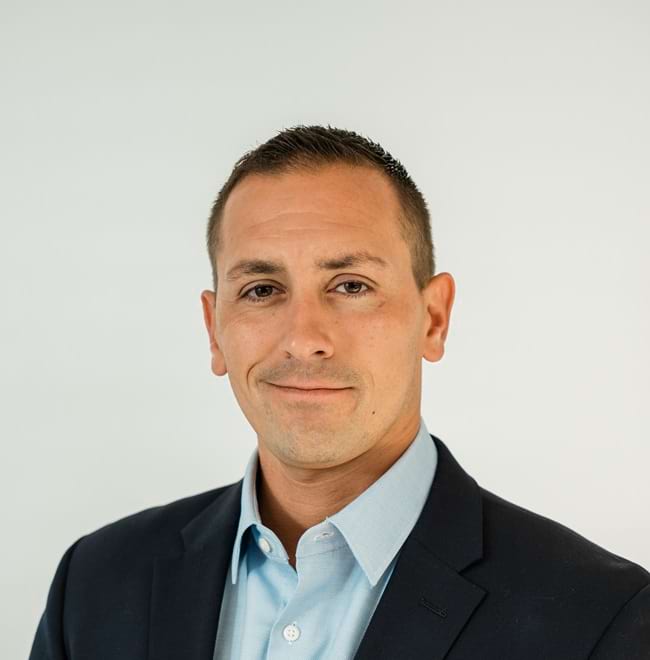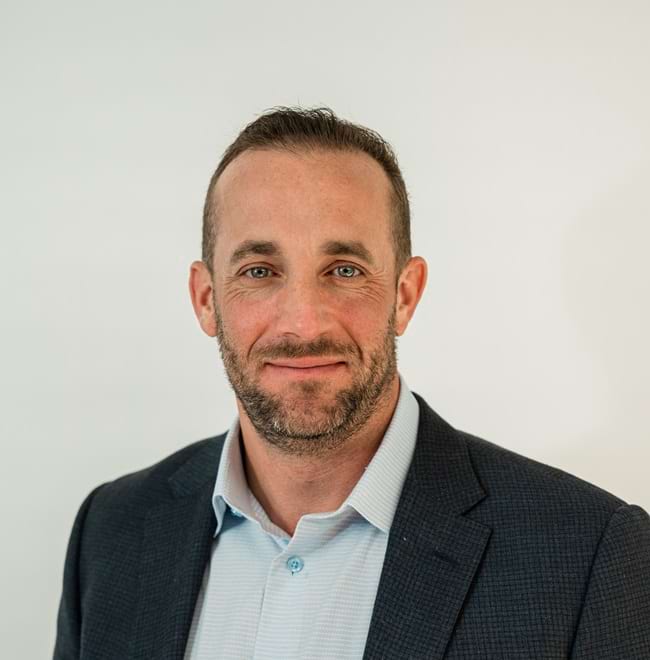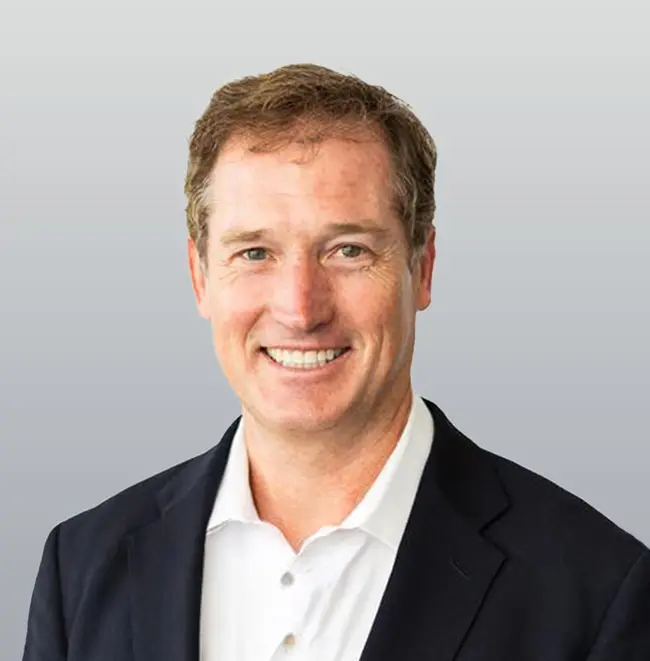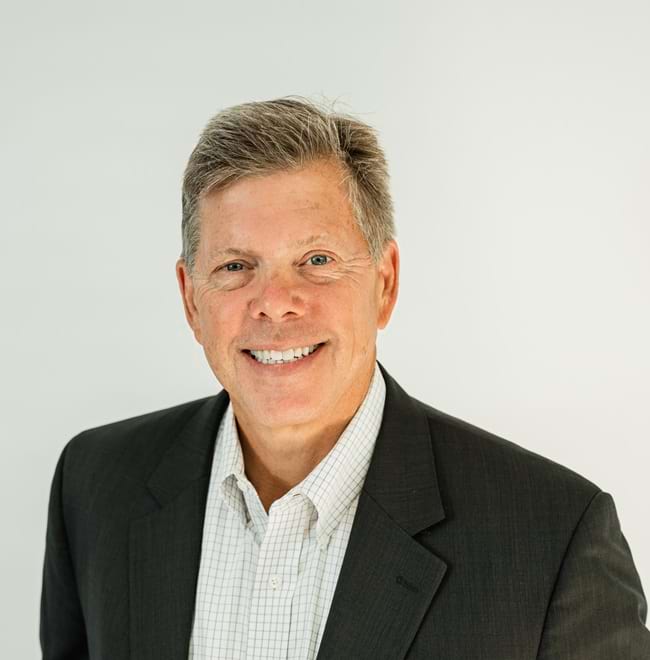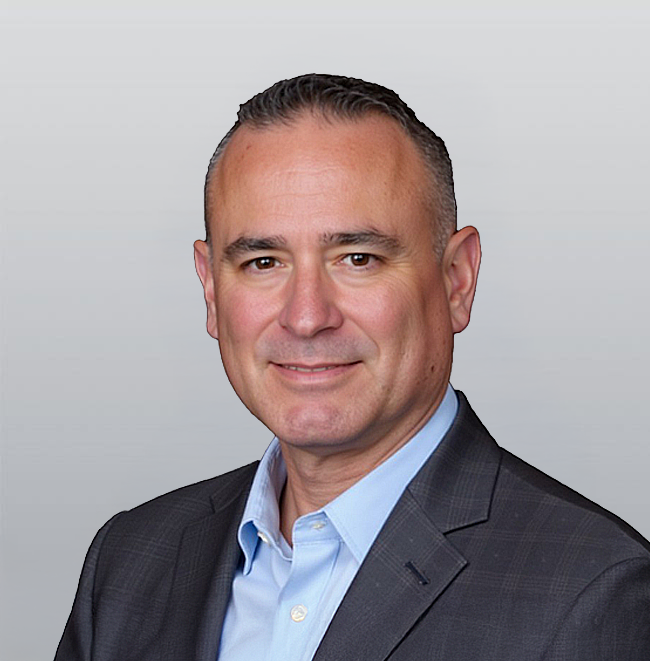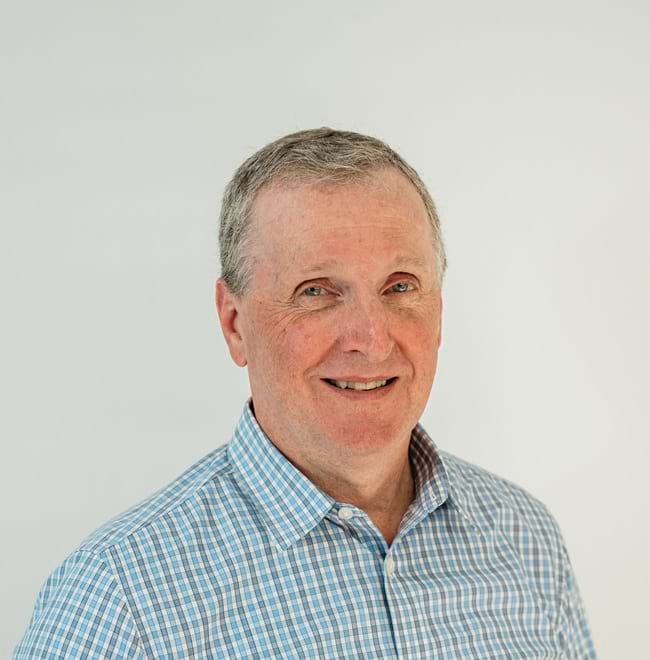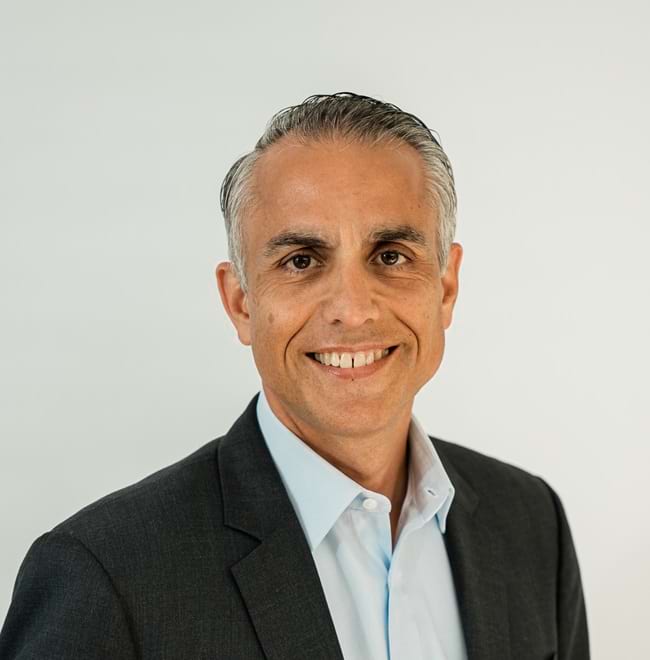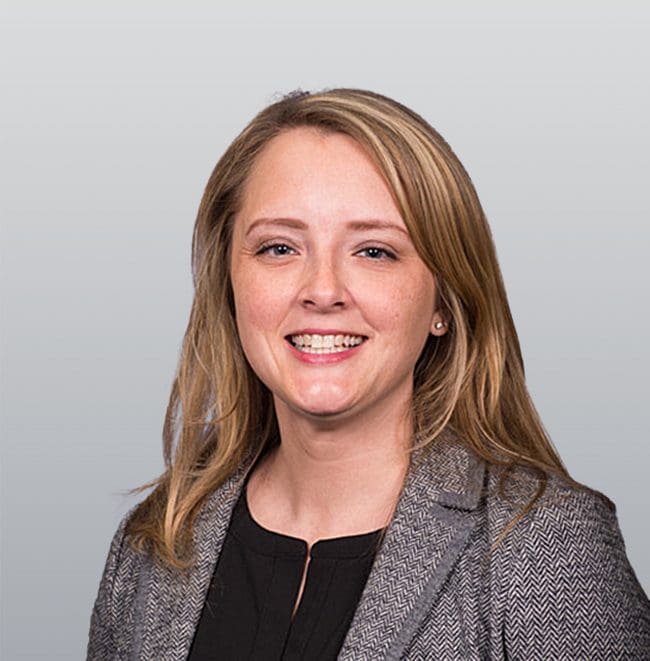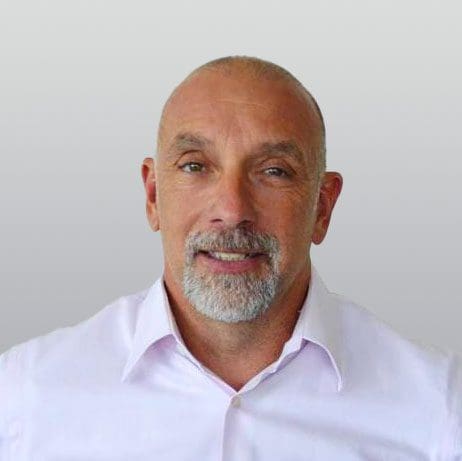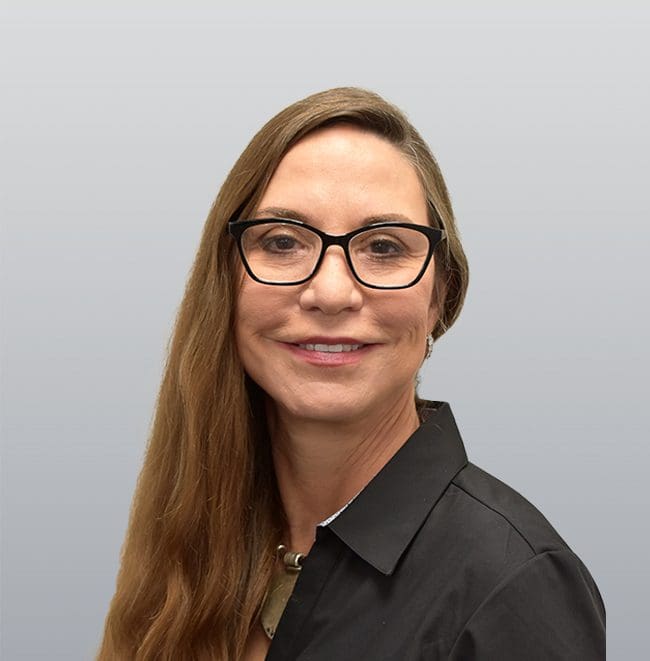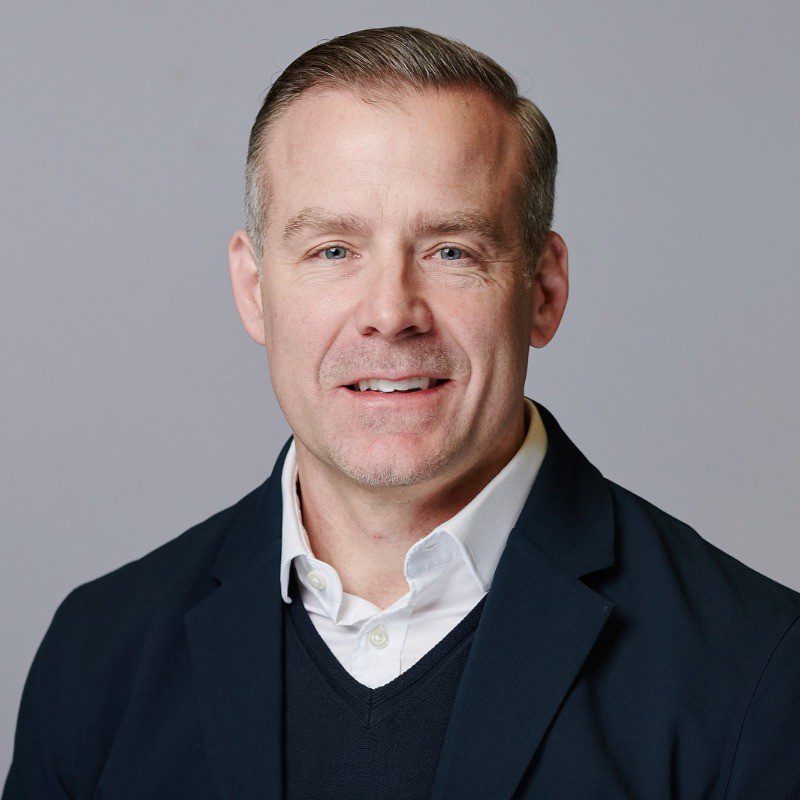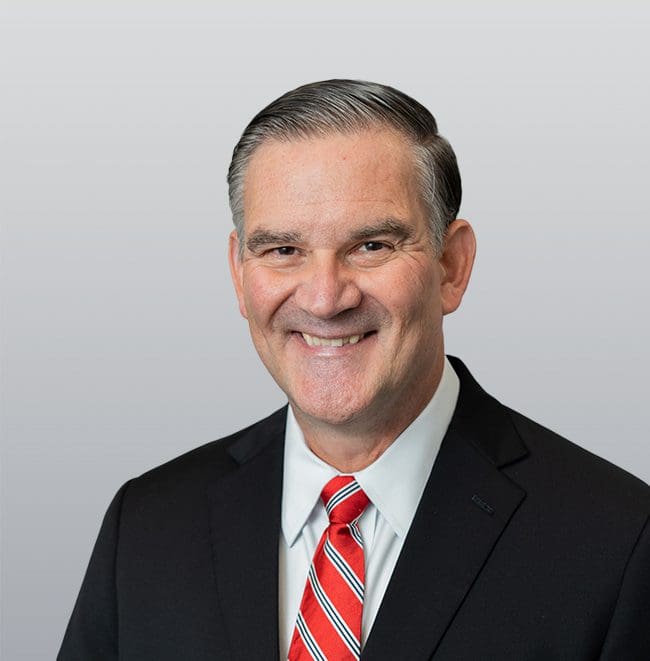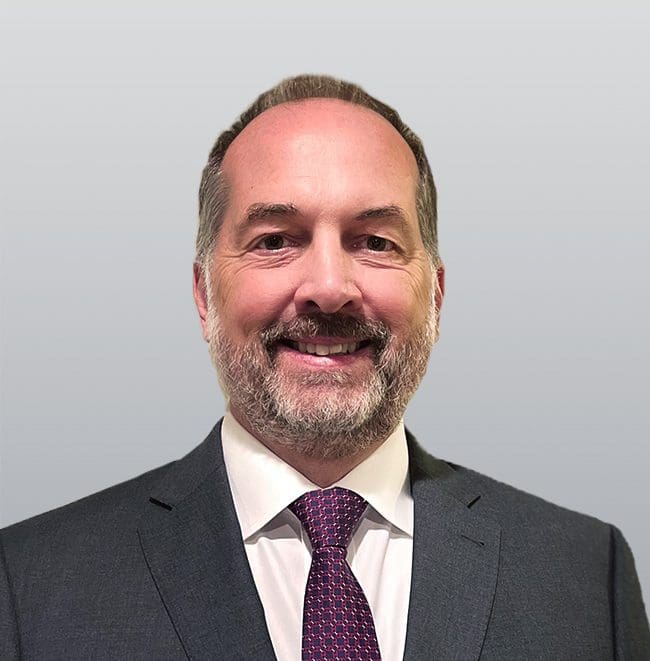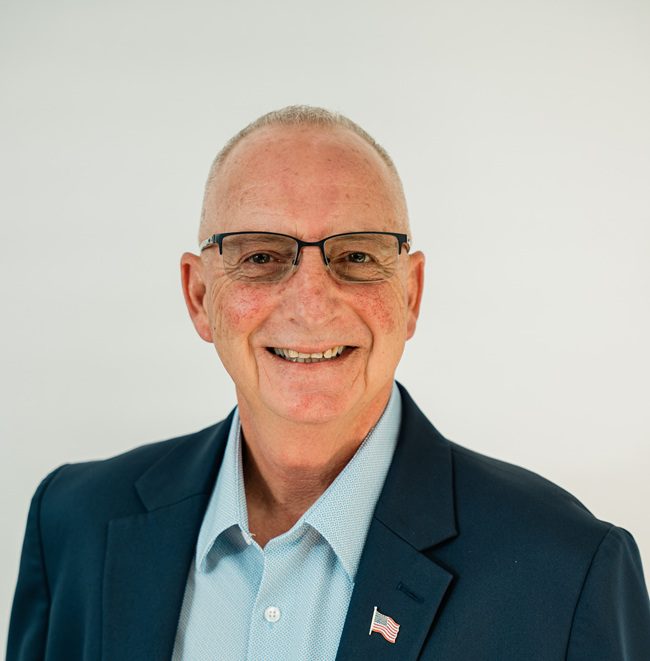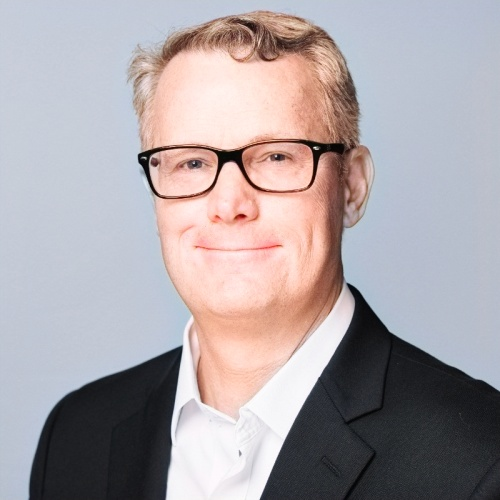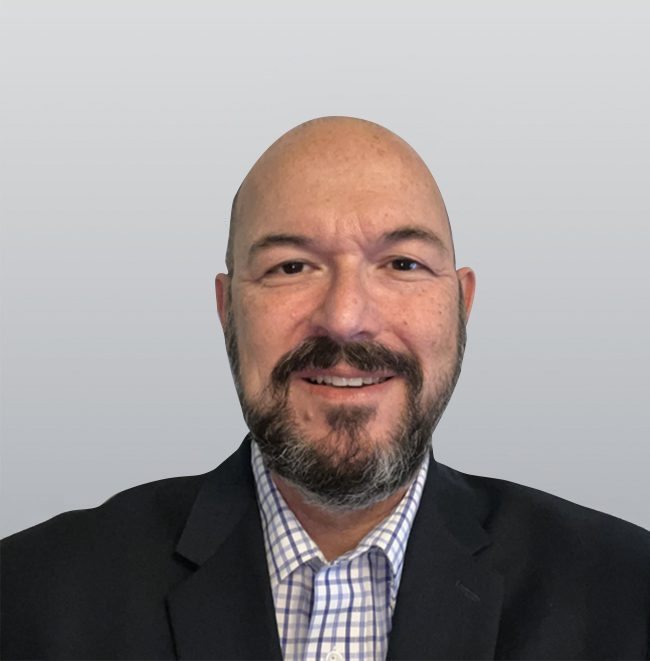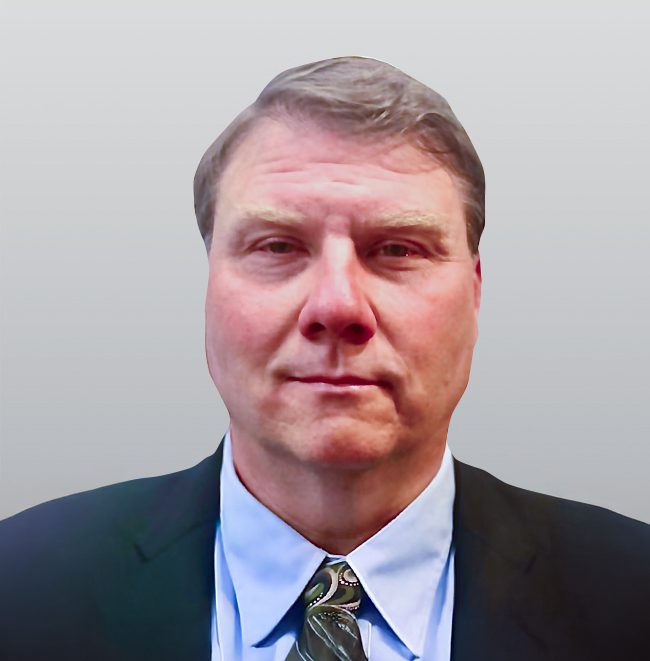Tony Corbi
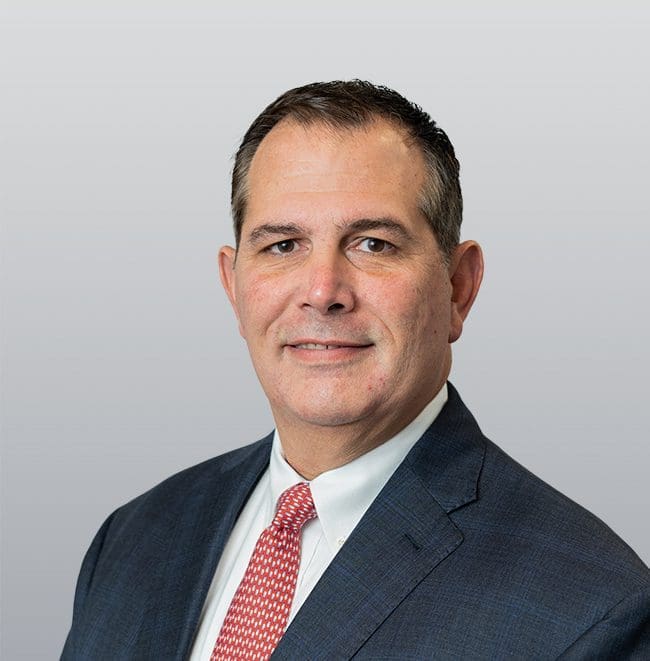
Tony Corbi is the Chief Executive Officer of Acuity International, where he is responsible for the overall direction of the organization and development of high-level strategies that align with the company’s mission, stakeholders, and guiding principles. He is a seasoned leader with more than 30 years of executive, financial and operational experience.
Prior to being appointed CEO, Tony served in numerous executive, financial and operational roles with technology and services companies, both public and private. Most recently Tony was the CFO and COO at Owl Cyber Defense, a private equity owned cyber security technology company, where he was responsible for all financial and operational aspects of the business, integrating acquired businesses and supporting its growth and technology roadmap while delivering planned results. He also worked as the EVP and CFO at Internosis, a private equity owned technology services company that he helped lead through acquisition to EMC Corporation. At EMC, Tony served as the senior director of finance and business operations for its global consulting business for which Internosis served as the platform and he was instrumental in growing the business to over $600M organically and through acquisition.
Tony earned his bachelor’s degree from Towson University.

